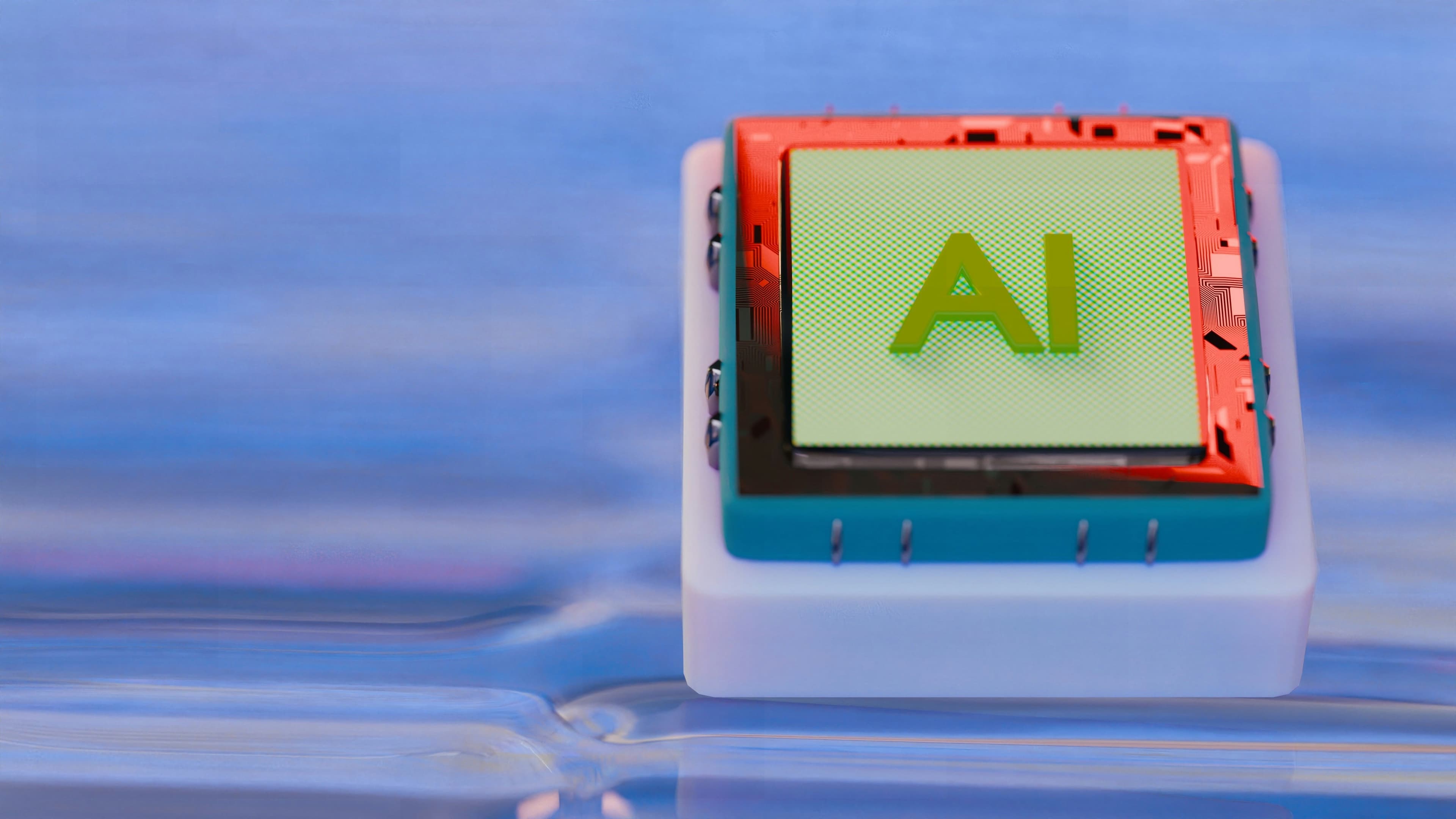
How AI Is Changing the Future of Engineering
🤖 How AI Is Changing the Future of Engineering
🚀 Introduction
Artificial Intelligence isn’t just a buzzword anymore — it’s the driving force behind the next industrial revolution.
From self-driving cars to smart factories, AI is redefining what engineers can build, design, and achieve.
If the 20th century was the Age of Machines, the 21st century is undoubtedly the Age of Intelligence.
So how exactly is AI changing the engineering landscape?
Let’s dive into the incredible ways AI is shaping the future of engineering — smarter, faster, and more innovative than ever.
⚙️ 1. Smarter Product Design & Simulation
Gone are the days when engineers relied only on CAD models and trial-and-error.
Today, AI tools can simulate designs, test performance, and optimize prototypes — all before a physical model even exists!
🔍 Example:
-
Generative design tools like Autodesk Fusion 360 use AI to automatically suggest multiple design options based on constraints like material, strength, and cost.
-
Engineers can now produce lighter, stronger, and more sustainable structures in a fraction of the time.
💡 Think about it — AI doesn’t replace creativity, it amplifies it!
🧠 2. AI-Driven Automation in Manufacturing
Manufacturing is one of the biggest beneficiaries of AI.
Smart factories now use AI-powered robots, predictive maintenance, and automated quality control to enhance productivity.
⚡ Key Impacts:
-
Predictive Maintenance: AI predicts when machines might fail, preventing costly downtime.
-
Quality Assurance: Computer vision systems inspect products more accurately than humans.
-
Supply Chain Optimization: AI forecasts demand and optimizes logistics automatically.
💬 Result? Faster production, fewer errors, and lower costs — every manager’s dream!
📊 3. Data-Driven Engineering Decisions
Modern engineering runs on data — and AI helps make sense of it all.
From construction projects to electrical grids, engineers can now analyze massive datasets to make smarter, data-driven decisions.
🧩 Real-World Use Cases:
-
Civil Engineers: Use AI to analyze soil and weather data for safer infrastructure.
-
Electrical Engineers: Optimize energy usage with AI-based load predictions.
-
Mechanical Engineers: Improve machinery design through performance analytics.
💡 AI doesn’t guess — it learns, predicts, and perfects.
🏗️ 4. Revolutionizing Civil & Structural Engineering
Imagine bridges that can “feel” their own stress levels or buildings that can alert engineers before cracks appear — that’s AI in action!
🌉 How It’s Happening:
-
Smart Sensors: Collect data on vibration, pressure, and temperature.
-
AI Algorithms: Analyze the data in real-time to detect potential faults.
-
Automation: Immediate alerts help prevent accidents and costly repairs.
💬 The result? Safer cities and smarter infrastructure for the next generation.
🧬 5. AI in Electrical & Electronics Engineering
AI is powering everything from smart grids to autonomous robots.
⚡ Key Transformations:
-
Smart Grids: Optimize energy flow using AI to predict consumption.
-
Chip Design: AI tools like Google’s TPU project use ML to design chips faster than humans.
-
IoT Integration: AI processes sensor data for home automation and smart devices.
💡 AI turns “electrical circuits” into “intelligent systems.”
🧩 6. The Rise of AI in Software & Computer Engineering
This is where the magic happens.
AI isn’t just a tool — it’s becoming a co-developer, helping engineers write, debug, and optimize code.
👨💻 Examples:
-
GitHub Copilot & ChatGPT: Assist programmers by writing code snippets and explaining logic.
-
AI Testing Tools: Automatically detect bugs and security vulnerabilities.
-
System Optimization: Machine learning improves algorithm efficiency and resource management.
💬 AI is not replacing coders — it’s upgrading them.
🛰️ 7. AI in Aerospace & Automotive Engineering
The dream of autonomous vehicles and advanced spacecraft is now a data-driven reality.
✈️ Key Innovations:
-
Self-Driving Cars: AI interprets sensors and camera data for safe navigation.
-
Predictive Maintenance in Aircraft: AI predicts part failures before they happen.
-
Flight Route Optimization: Machine learning minimizes fuel use and improves efficiency.
💡 AI ensures not just speed — but intelligence in motion.
🧠 8. Personalized Learning for Engineering Students
AI isn’t only transforming industries — it’s transforming education too.
📚 How:
-
Adaptive learning platforms analyze your strengths and weaknesses.
-
AI tutors explain complex topics in personalized ways.
-
Tools like ChatGPT assist students in brainstorming and coding.
💬 Learning is no longer one-size-fits-all — it’s “you-sized.”
🌍 9. Sustainable Engineering Through AI
AI is playing a crucial role in building a sustainable future.
🌱 Examples:
-
AI models predict energy consumption and reduce waste.
-
Smart materials optimize themselves for environmental impact.
-
AI helps design renewable energy systems and smart cities.
💡 Green engineering is now intelligent engineering.
🔮 10. The Engineer of the Future
The engineer of tomorrow won’t just know how to build things — they’ll know how to teach machines to build with them.
🧠 Must-Have Future Skills:
-
AI & ML Fundamentals
-
Data Analytics
-
Cloud Computing
-
Automation Tools
-
Ethical AI Understanding
💬 In short: The engineers who master AI will lead the innovation wave.
🏁 Conclusion
Artificial Intelligence isn’t taking away engineering jobs — it’s creating new possibilities.
It’s helping engineers design faster, think smarter, and build better than ever before.
So, whether you’re into civil, computer, electrical, or mechanical engineering, AI will be your most powerful tool — not your competitor.
🚀 Learn it. Use it. Lead with it. Because the future of engineering is AI-powered.